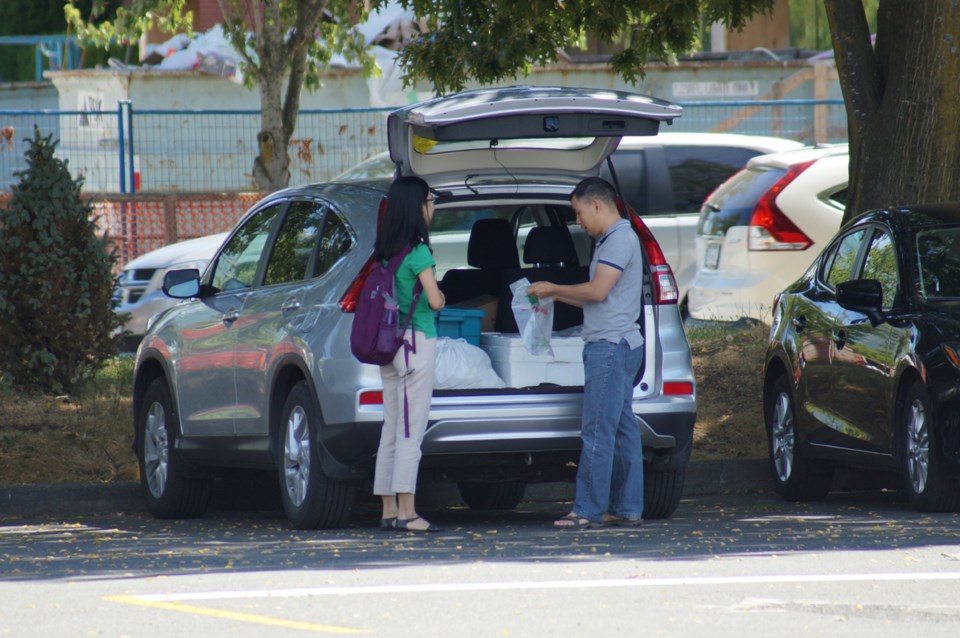If there is one thing people like to gripe about, it’s taxes: taxes are too high; the system’s inefficient; bureaucrats are overpaid; projects are ill-conceived.
... and on it goes.
However, most of us also understand that if we want roads to drive on, garbage picked up, kids educated and the sick tended, everyone has to chip in.
It would be nice to be able to direct where our taxes go, the way we can choose our charities, but the system doesn’t work that way, nor should it.
So we grumble, pay our bill, and get on with living what is, let’s admit, a pretty good life here in Canada — thanks, in large part, to the fact we pay our taxes.
Except when we don’t.
We may complain about political pet projects, but for better or for worse, that’s how our democracy works. Once people are elected, they get to make decisions about how to spend the money they collect from us. What’s not part of the bargain is freeloaders. People who are earning good money but not paying their share.
Our front page story is about yet another app-based business, this time selling food — everything from dumplings to donuts. As with any of these unregulated businesses, there is a large “buyer beware” element. Scoring a bag of dumplings with no labelling from the back of a stranger’s car is enough to make some queasy, even if it is at half the price.
But food safety may not be the biggest concern. All of these online businesses depend heavily on customer reviews. No one would stay in business long if their customers were getting food poisoning.
What is problematic is the “cash only.”
Clearly, no one’s paying taxes. Moreover, no one seems to be doing anything about it.
The Vancouver Coastal Health Authority says it doesn’t inspect operations that don’t have business licences (which the operators we talked to admitted they don’t). The city said all businesses require a licence, but bylaw officers only follow up if someone complains, which it appears no one is doing.
So, what, we just leave it at that?
It could be argued that it costs more than it’s worth to track down these self-described “small” operators. And, indeed, when we hear stories about the super wealthy sheltering billions of dollars in Panamanian tax havens, it seems a bit ridiculous to chase down some Joe driving around with dumplings in the back of his car. But some of these businesses may be bigger than we think.
A new study from McGill University looking into Airbnbs found the quaint notion of folks renting out their home when they’re away for the weekend is, for the most part, not the reality. Rather, the bulk of revenue earned through Airbnb goes to large operators with multiple listings.
But regardless of size, when it comes to taxes, there’s a principle to consider. If I feel like a chump for paying my taxes while others don’t, the integrity of the system unravels. Granted, enforcement is pricey, but a loss of confidence in our system costs more. And, if one of those tasty dumplings does turn your stomach, who you gonna call? A doctor? The hospital?
Good luck with that if no one pays their taxes.



